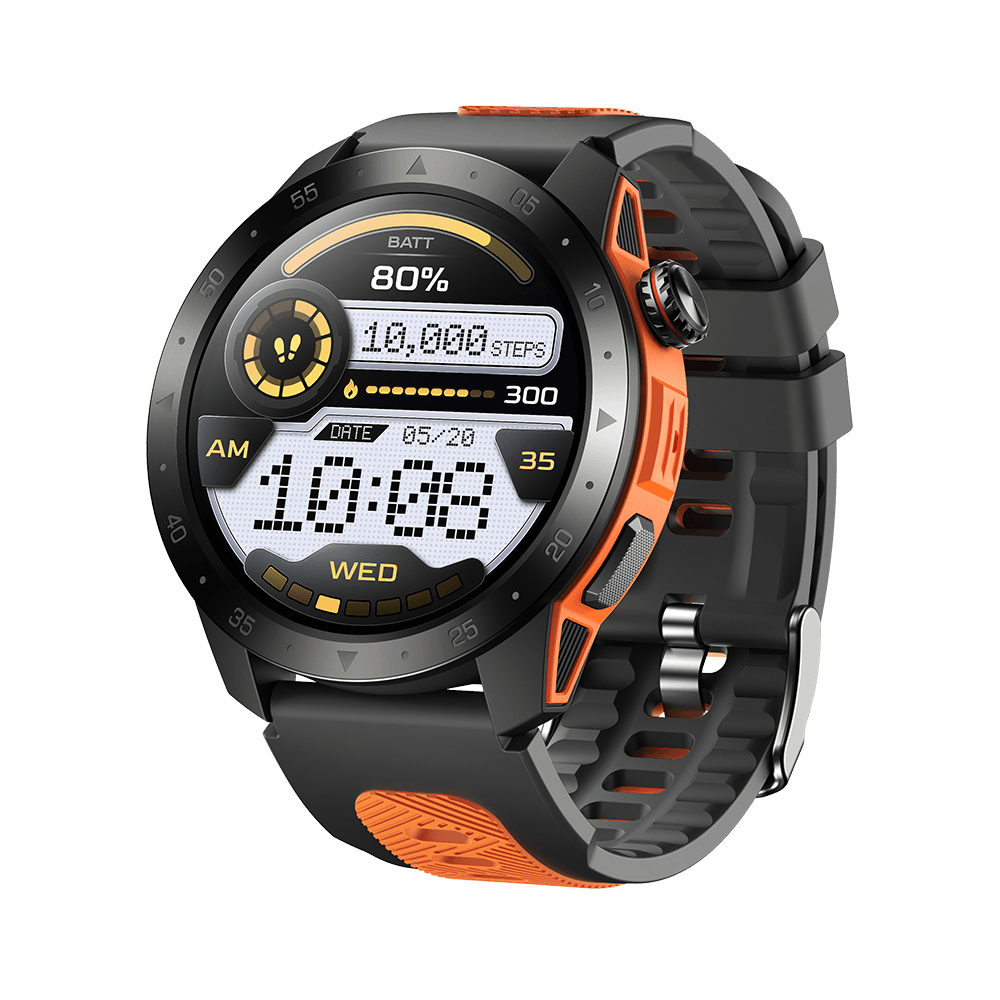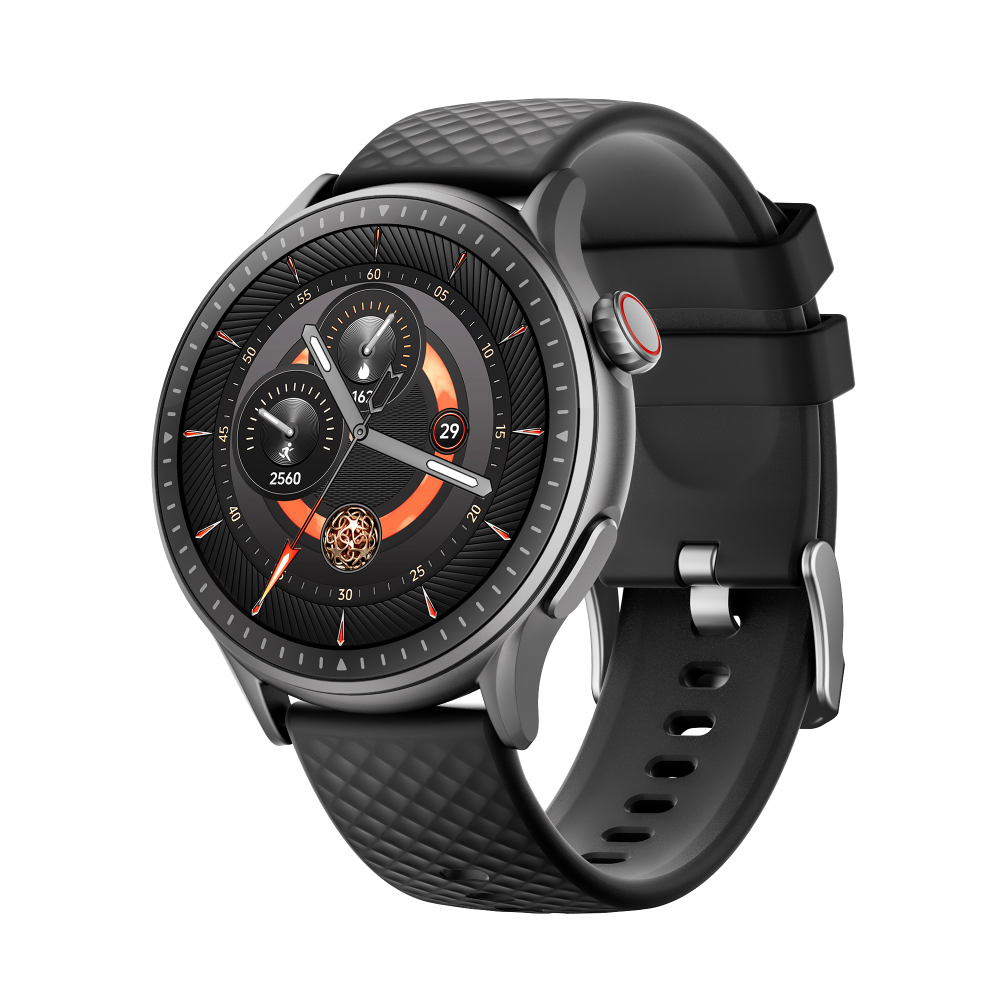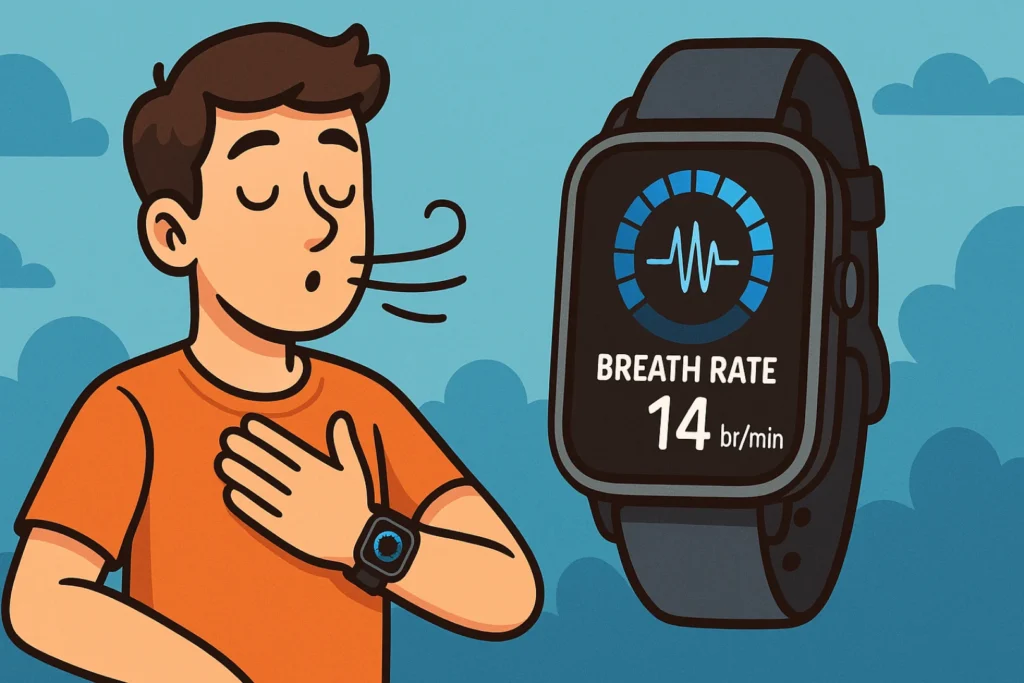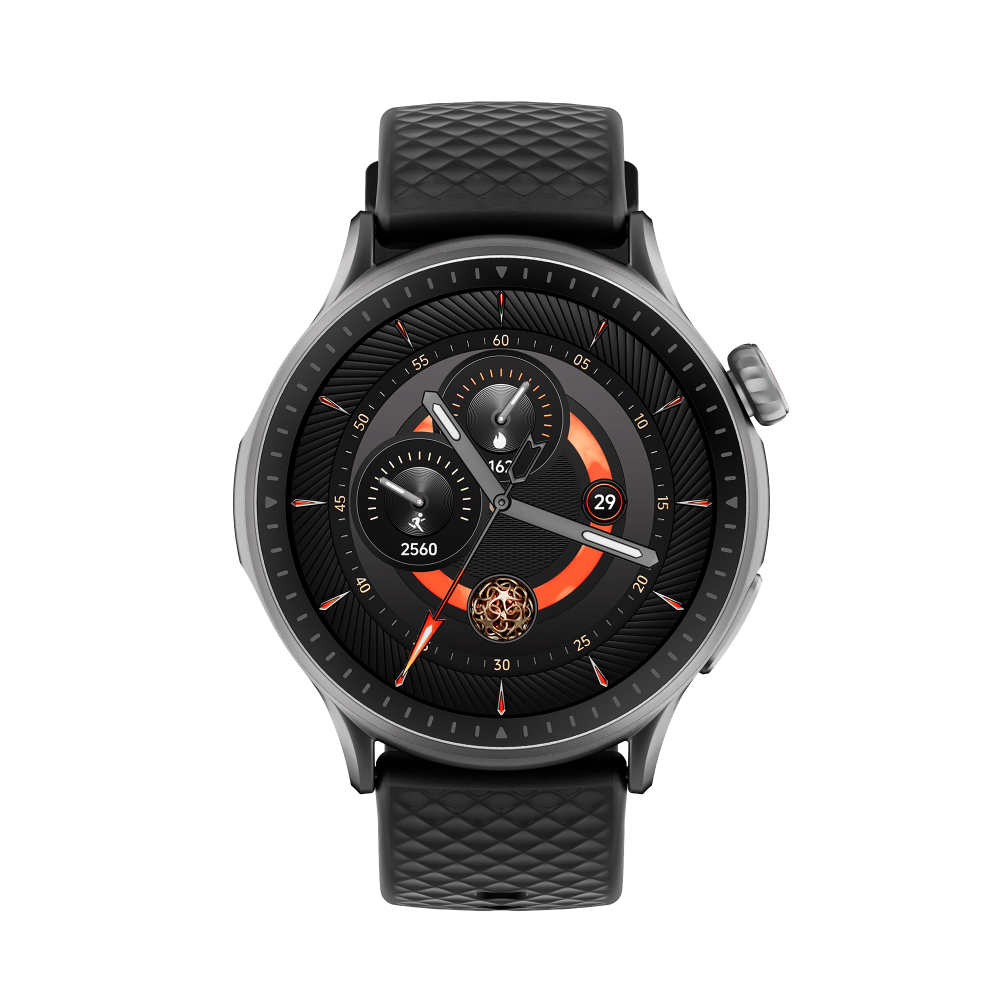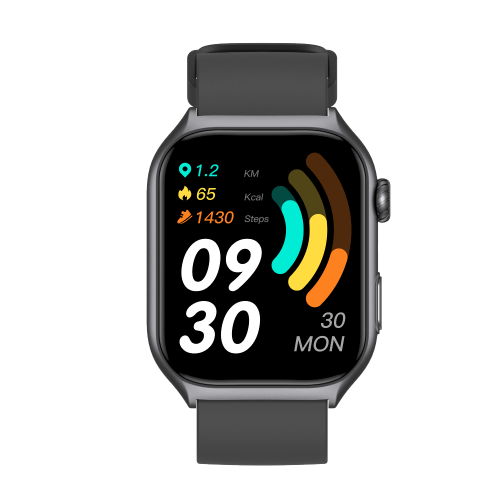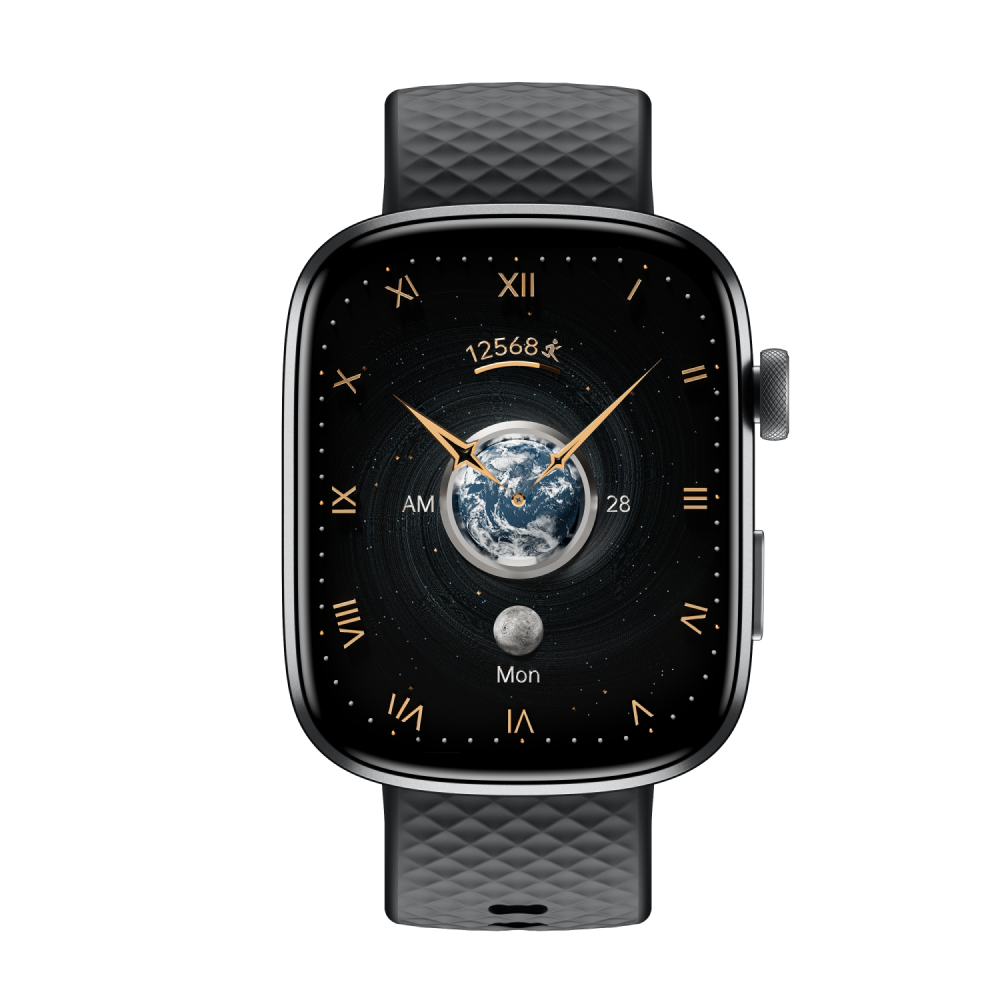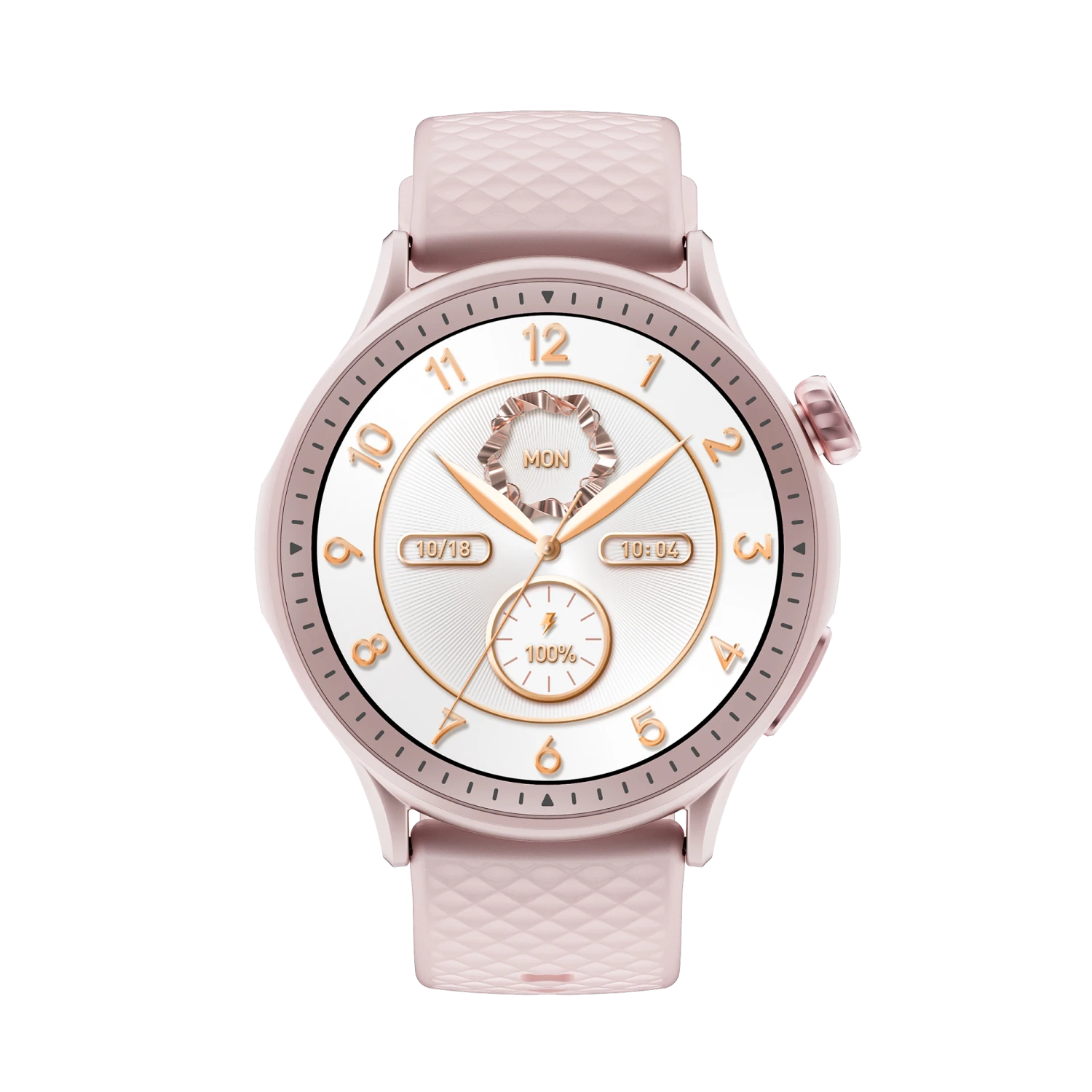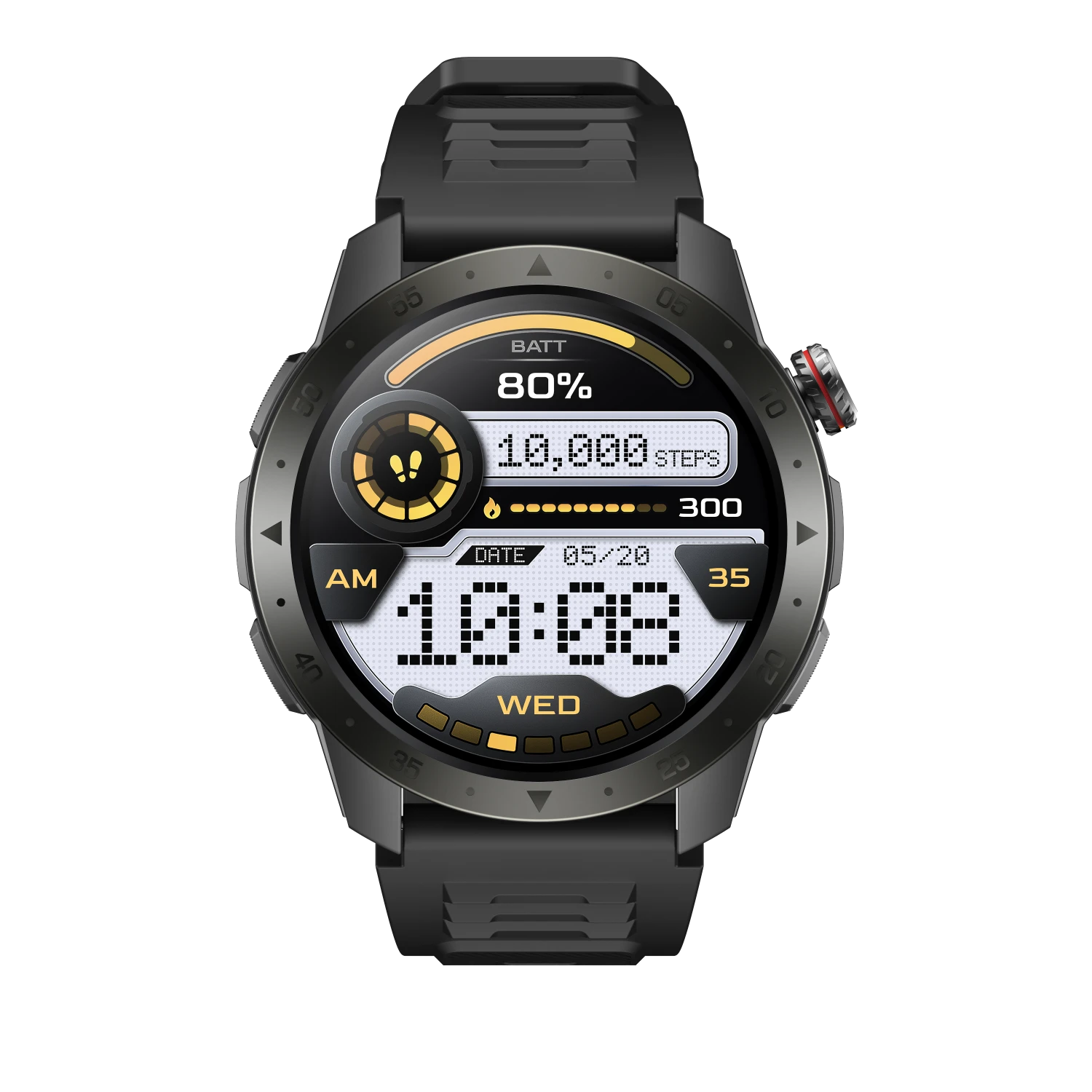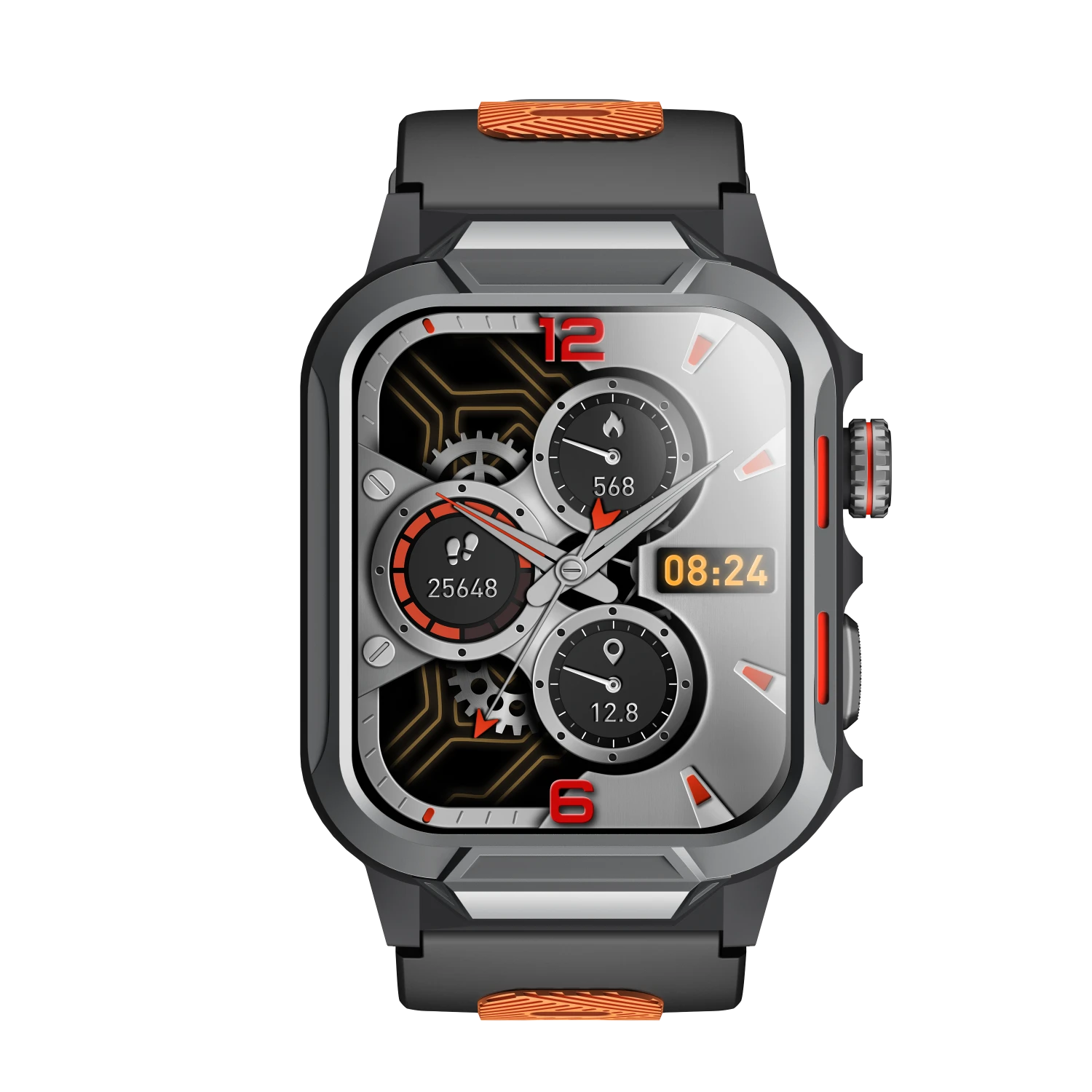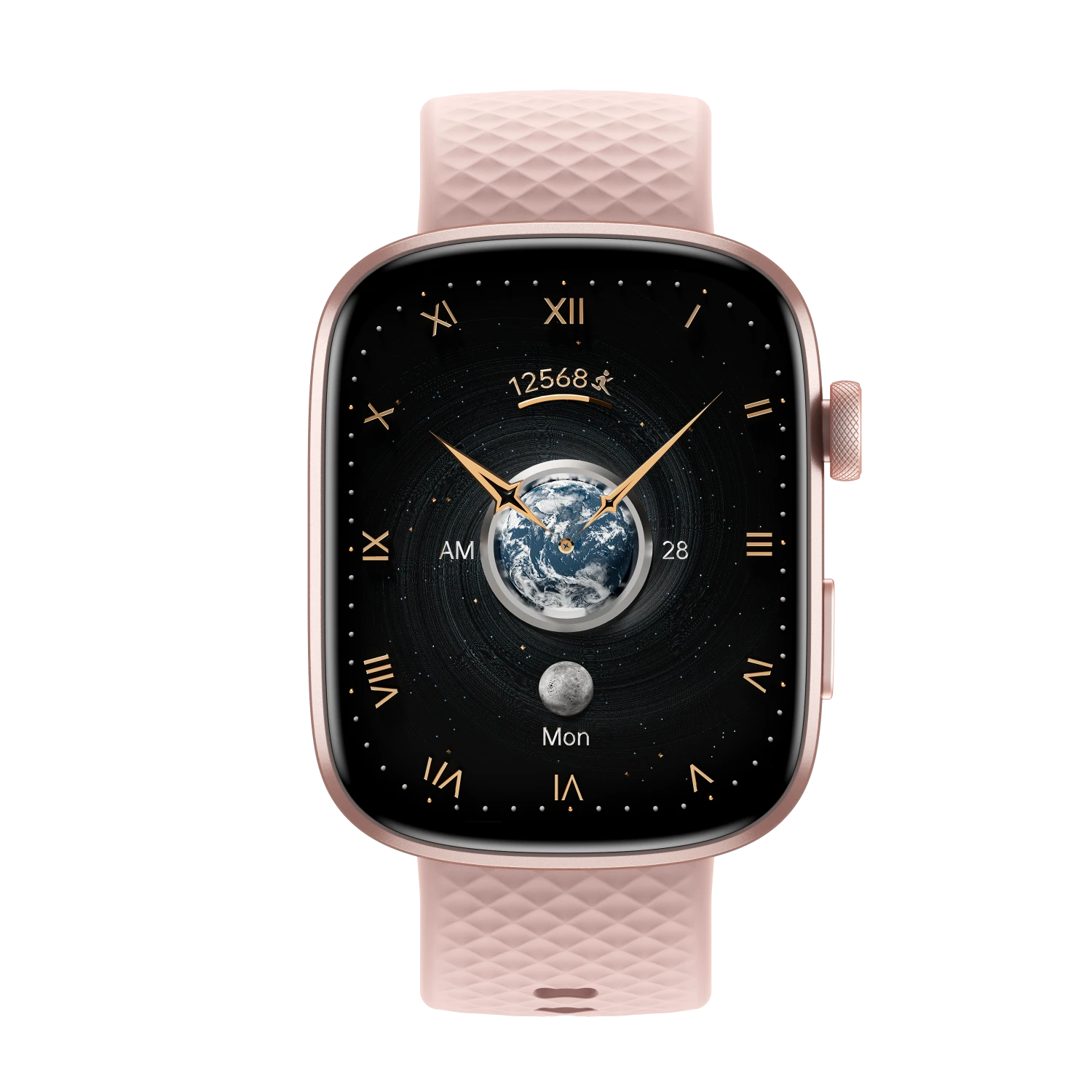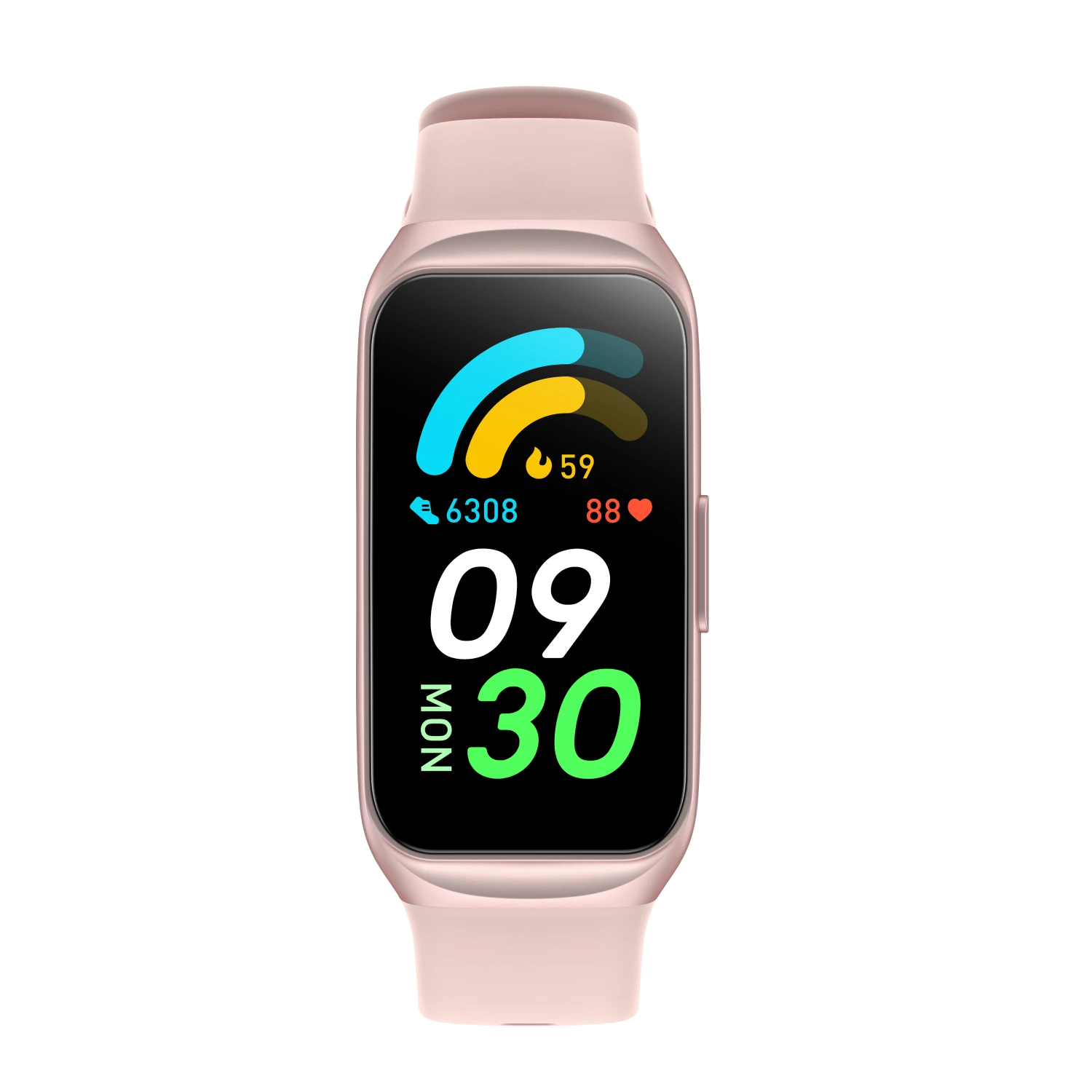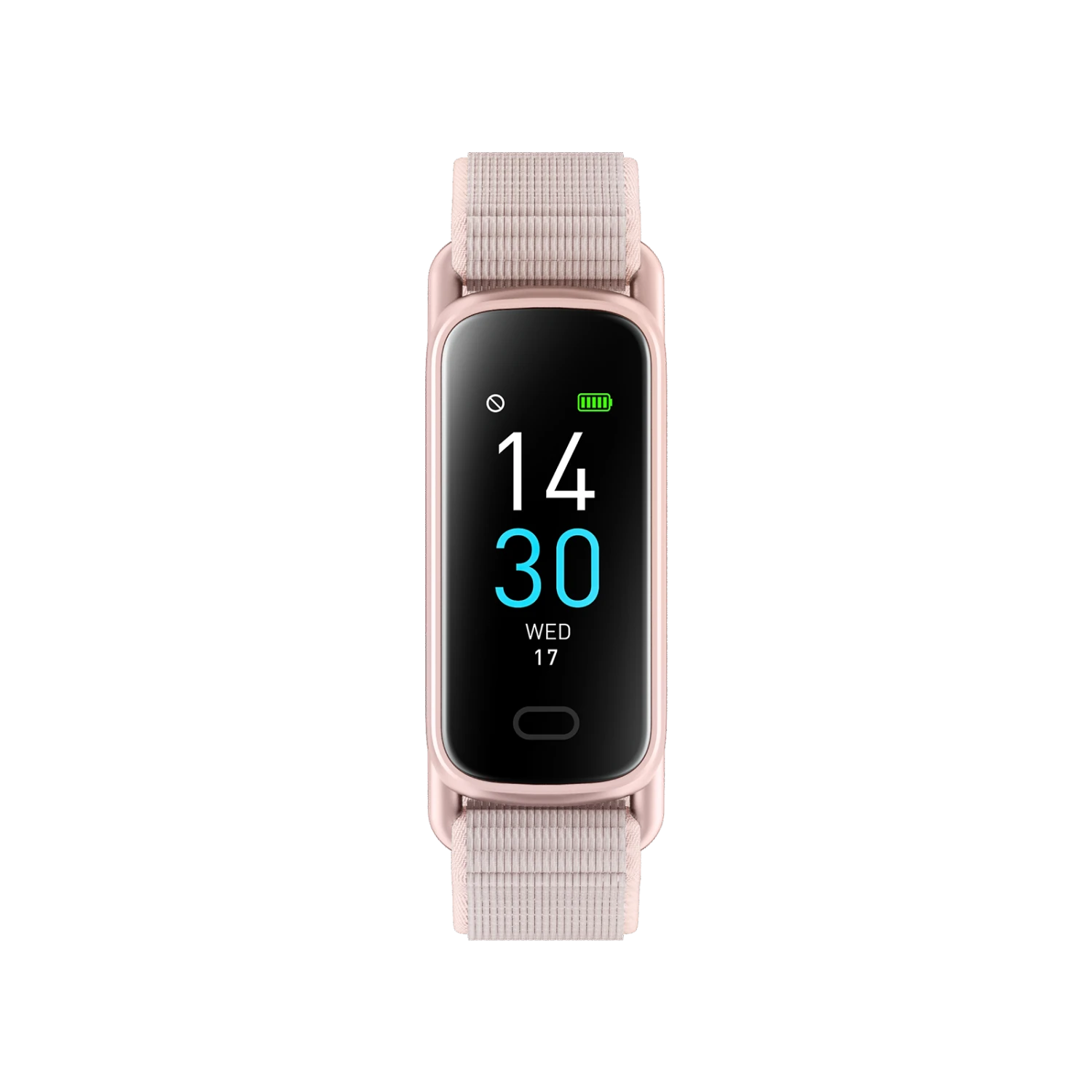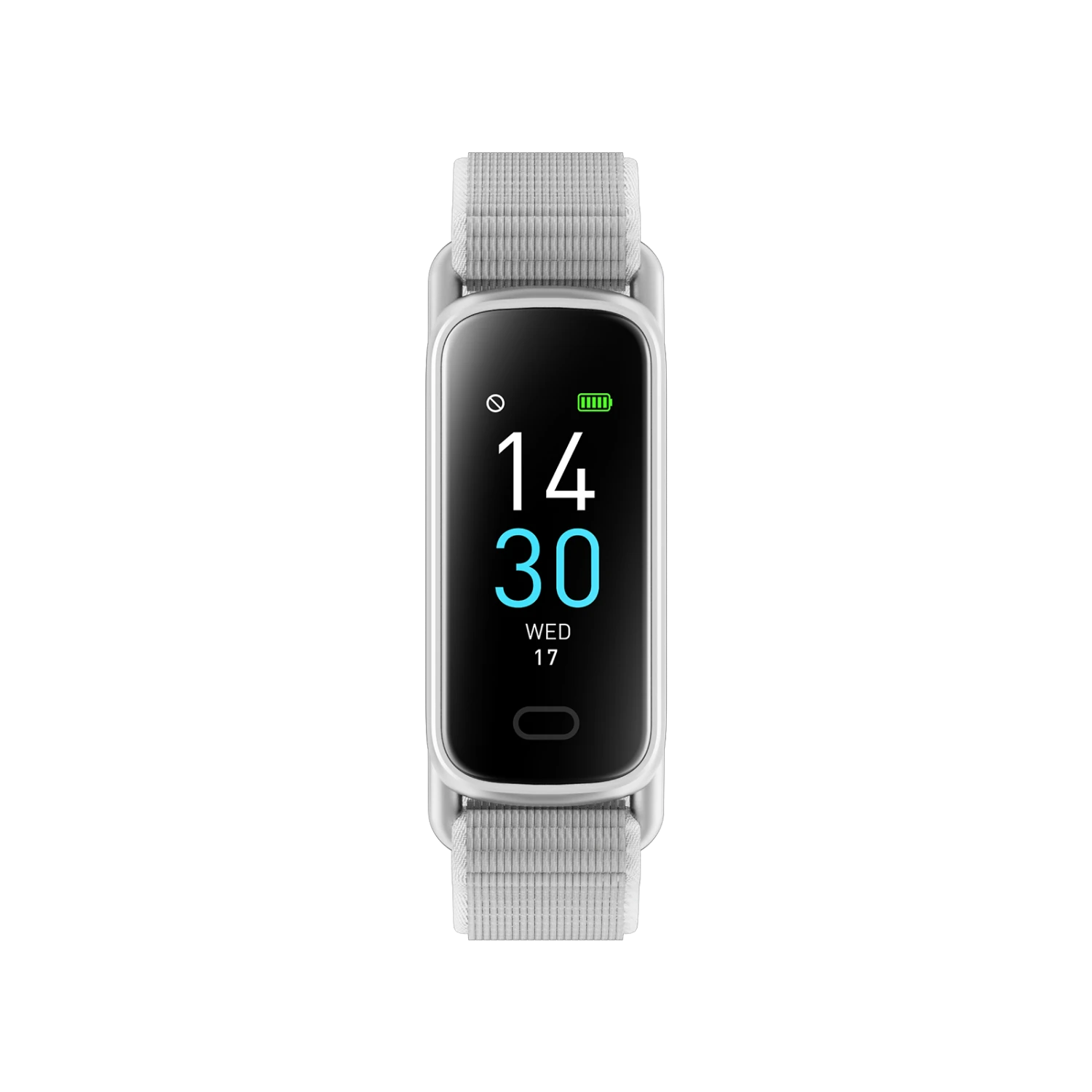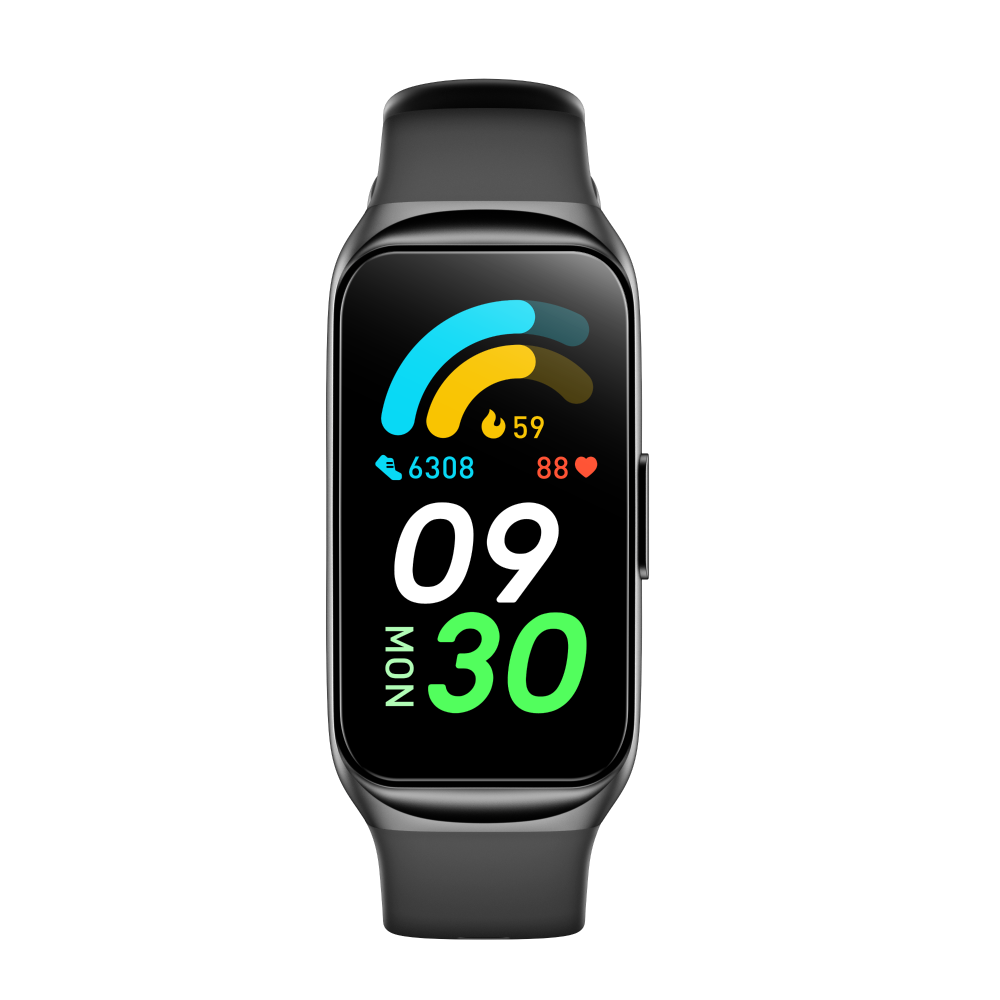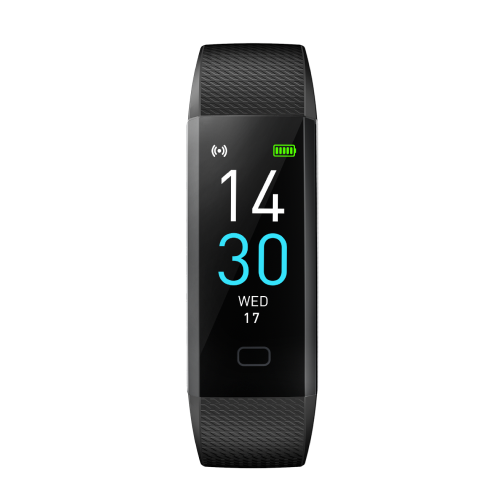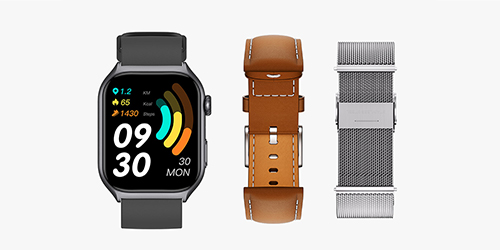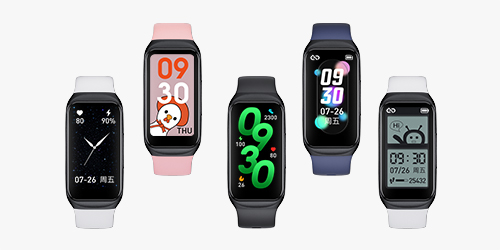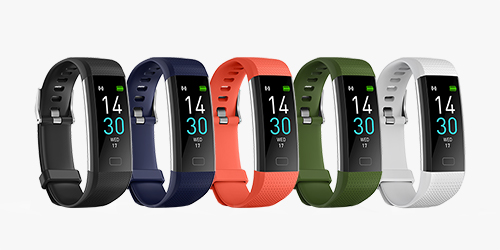Tired of sifting through countless fitness tracker options, only to end up with a device that doesn’t quite meet your needs? Ever bought a fitness tracker that ended up gathering dust in a drawer? Don’t have time to try out a fitness tracker in a physical store and want to buy a one online? With so many options on the shopping platform, finding the right one can be a real headache.
To make your decision easier, we’ve identified the 7 key features you need to consider. Let’s break it down so you can find the perfect tracker that fits seamlessly into your lifestyle.
1. Connectivity Options
Most fitness trackers sync with mobile apps to provide detailed insights, set goals, track progress, and share achievements. Therefore, it’s important to ensure that the fitness tracker you choose is compatible with your smartphone or other devices.
While most smartwatches on the market are compatible with both iOS and Android operating systems, it’s important to note that compatibility can also depend on the version of the operating system.
Tip: If you want to save your watch data to your preferred fitness app, such as Apple Health, make sure the tracker supports third-party app integration.
2. Activity and Workout Modes
A fitness tracker can monitor your daily activities in real time, such as steps taken, calories burned, distance traveled, and active minutes. Many fitness trackers also come with different workout modes tailored to specific exercises like running, cycling, yoga, and strength training.
When syncing with the app, it logs all your activities and provides detailed workout records. This makes it easier to track your progress, see improvements, identify areas needing more focus, and adjust your plan as needed.
Tip: Look for trackers that automatically detect and log different activities without needing manual input.
3. GPS Tracking
If you’re an outdoor enthusiast who enjoys running, cycling, or hiking, GPS tracking is a must-have feature. GPS-enabled fitness trackers can accurately track your routes, distances, and speeds without needing to carry your smartphone. This feature is particularly useful for mapping your workouts and setting new goals based on your performance.
Tip: If you are looking for improved positional accuracy in different environments, ensure the tracker supports other GNSS in addition to GPS, such as GLONASS or Galileo.
4. Sleep Tracking
Getting a good night’s sleep is key to your overall health and well-being. Many fitness trackers can now track your sleep stages, including Awake, Light and Deep Sleep, and REM sleep. They can also provide detailed insights into your sleep patterns, helping you better understand the duration and quality of your sleep and improve your sleep habits.
Some trackers can even keep track of your naps and include them in your total daily sleep. When picking a fitness tracker, go for one that offers in-depth sleep analysis to help you get the most out of your snooze time.
Tip: Some fitness trackers also offer smart alarms to wake you up during the lightest sleep phase, helping you feel more refreshed.
5. Health Monitoring
Heart rate monitoring is one of the key features of health monitoring in a fitness tracker. It shows how your heart reacts to different activities, providing valuable insights into your cardiovascular health. Opt for trackers with continuous heart rate monitoring to get a more precise view of your daily heart rate patterns and to optimize your workouts.
Beyond heart rate monitoring, most of fitness trackers offer advanced health metrics such as blood oxygen levels (SpO2), electrocardiogram (ECG) readings, and stress monitoring. These features give you a more complete view of your health and can help you spot potential issues early. If you want more than just step counting, consider a tracker with these advanced health monitoring capabilities.
Tip: Some advanced trackers also offer heart rate variability (HRV) monitoring, which can provide insights into your stress levels and emotional status.
6. Water Resistance
Water resistance is an essential feature for both everyday use and water sports. For daily activities, an IP68 water-resistant fitness tracker is enough to handle sweat during workouts, hand washing, and accidental splashes. Remember to check the water resistance rating to ensure your device remains functional and durable in wet conditions.
For those who enjoy water sports or swimming, a higher level of water resistance is necessary. These trackers can withstand being submerged in water for long periods, making them suitable for swimming, diving, and other water activities. Even with high ratings like 5 ATM or higher, always check the seller or manufacturer’s guidelines to make sure the tracker can handle your aquatic adventures.
Tip: If swimming is a key part of your routine, look for trackers that can track swimming metrics like stroke count, lap count, and swim efficiency to enhance your training.
7. Battery Life
The battery life of a fitness tracker can significantly impact its usability. A tracker with a long battery life means fewer interruptions for charging and more consistent tracking of your activities. Depending on your usage, you may prefer a tracker that lasts several days on a single charge or one that offers quick charging capabilities. Consider your lifestyle and choose a tracker with a battery life that aligns with your needs.
Tip: Some fitness trackers offer battery-saving modes that extend battery life by limiting certain features.

